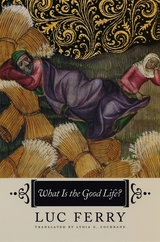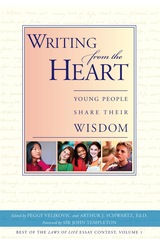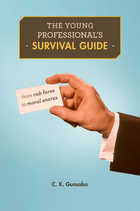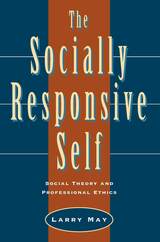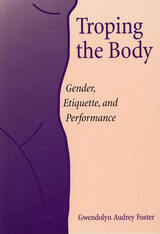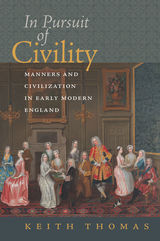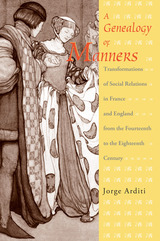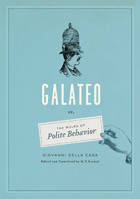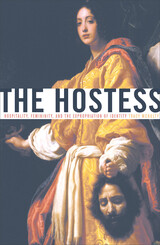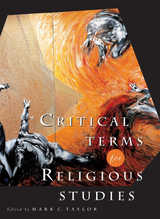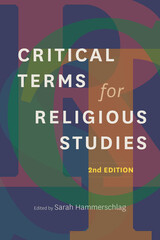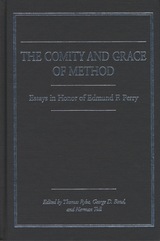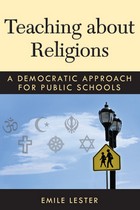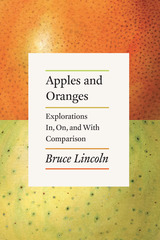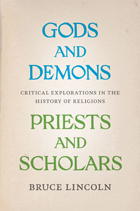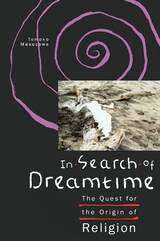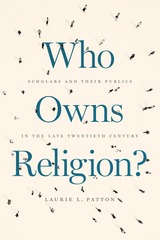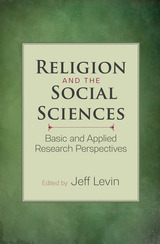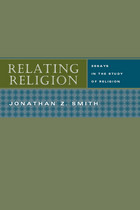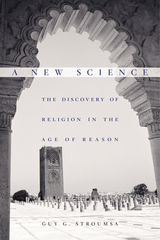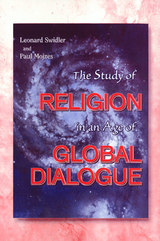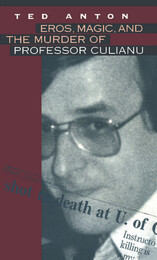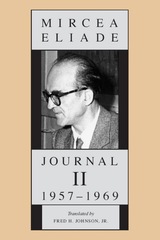Our Primary Expertise: A Future for the Study of Religion
Rutgers University Press, 2026
Paper: 978-1-9788-4392-9 | eISBN: 978-1-9788-4394-3 (all)
Library of Congress Classification BL41
Dewey Decimal Classification 200.71
Paper: 978-1-9788-4392-9 | eISBN: 978-1-9788-4394-3 (all)
Library of Congress Classification BL41
Dewey Decimal Classification 200.71
ABOUT THIS BOOK | AUTHOR BIOGRAPHY | REVIEWS | TOC
ABOUT THIS BOOK
Our Primary Expertise: A Future for the Study of Religion brings the author full circle—from his first book in 1997, on how claims that religion was unique were used to establish the North America field to his present argument that its future is instead based on the degree to which its findings can be applied in a wide assortment of areas, both inside and outside of academia. Its previously uncollected essays, all with new introductions that frame this timely argument, make plain that longstanding critiques of how scholars go about their work have always been about the study of religion’s odd home in the humanities—a place that’s increasingly vulnerable in today’s university. Calling on members of the field not just to revise their research methods but also the ways that they train the next generation, Our Primary Expertise is the only work in the field taking seriously that scholars of religion can help to secure the future of their own field, if only they’re prepared to see “the life of the mind” as a rhetoric that they can no longer afford.
See other books on: Future for | McCutcheon, Russell T. | Religious | Study | Study and teaching
See other titles from Rutgers University Press

